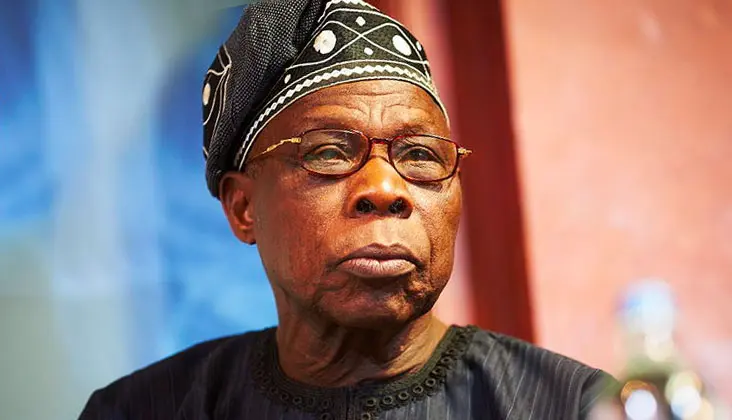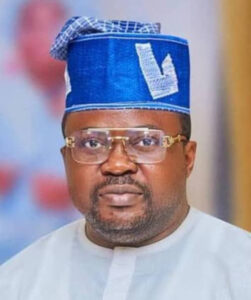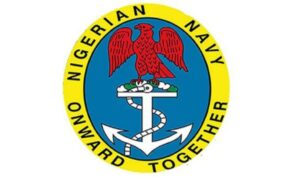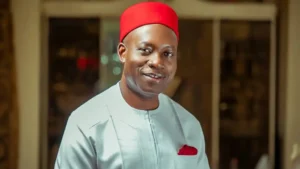The Movement for Anti-Corruption, Integrity, and Transparency Initiative recently criticized former President Olusegun Obasanjo over his remarks about state-owned refineries. The group accused him of working against the success of these facilities.
Obasanjo Rejected Dangote’s Offer
According to INFOLAND, Obasanjo revealed that in 2007, billionaire businessman Aliko Dangote offered $750 million to manage the Port Harcourt and Kaduna refineries. However, the Nigerian National Petroleum Corporation (NNPC) turned down the proposal, even though it lacked the capacity to operate the refineries effectively. Obasanjo shared this during an interview with Channels Television.
Disrespectful Invitation?
Obasanjo later described an invitation from the Nigerian National Petroleum Company Limited (NNPCL) to tour the refurbished Port Harcourt and Warri refineries as disrespectful. This came after DAILY POST reported that NNPCL had invited Obasanjo to inspect the revamped facilities, following his criticism of the NNPC’s rejection of Dangote’s offer.
Group’s Accusations Against Obasanjo
In a statement signed by Comrade Goodway Jackson and Comrade Mohammed Kuda, the group accused Obasanjo of holding personal grudges against the NNPCL. They argued that his comments suggest he never wanted state-owned refineries to succeed.
The group pointed out that after Obasanjo left office, late President Umaru Musa Yar’Adua reversed the controversial sale of the Port Harcourt Refinery, citing irregularities in the process. Despite opposition from oil unions like NUPENG and PENGASSAN over lack of transparency and conflicts of interest, Obasanjo had pushed for privatization.
Build Your Own Refineries, Group Tells Critics
The group advised those pushing for privatization without considering national interests to follow the example of Dangote Group by building their refineries.
Femi Falana’s Perspective
Human rights lawyer Femi Falana added context, explaining that Yar’Adua’s reversal of the refinery sale addressed legal and ethical issues. He also accused Obasanjo of bypassing legal procedures and sidelining then-Vice President Atiku Abubakar in privatization processes.
Obasanjo’s past actions and recent comments have reignited debates over the management of Nigeria’s state-owned refineries. As efforts to revive these facilities continue, the controversy highlights the challenges of balancing public interest with privatization.







